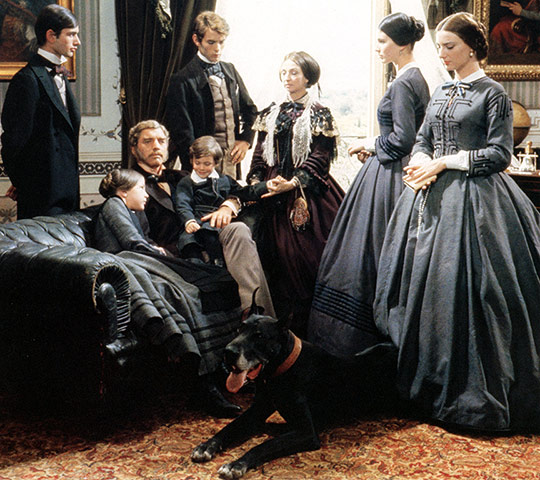
The aristocratic Visconti made perhaps the perfect screen adaptation in taking Giuseppe di Lampedusa’s novel and transferring its exquisite, melancholy prose to film. The story centres on the Prince of Salina, a 19th-century nobleman dismayed as war and revolution sweep away the Sicilian aristocracy, and gave Burt Lancaster his most unlikely yet admired role. Alain Delon and Claudia Cardinale lend passion and beauty. The film won the Palme d’Or in 1963. Its ballroom scene remains a benchmark of cinematic opulence and choreography Photograph: Ronald Grant Archive
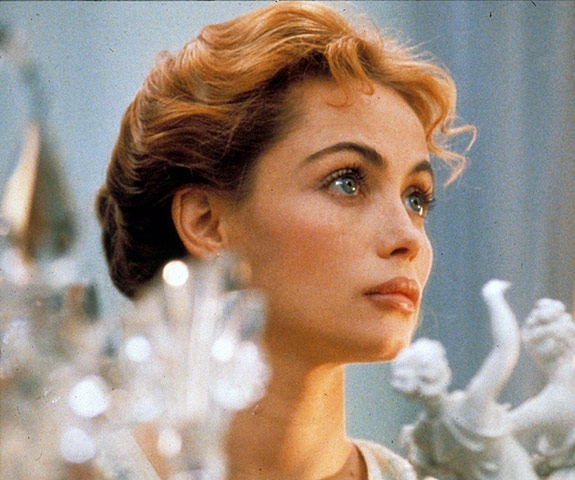
Springboarding off the final volume – Le Temps Retrouvé – with flashbacks to scenes throughout Marcel Proust’s seven-part Remembrance of Things Past, Ruiz’s stately yet surreal work is one of the few films to capture the essence of memory and boredom (or perhaps ennui) without succumbing to being boring. It is as dense a film as it is a novel but full of magic and splendour, not least in its consistently surprising cast, which includes Catherine Deneuve, Emmanuelle Béart, and John Malkovich as Baron de Charlus Photograph: Moviestore Collection/Rex Features
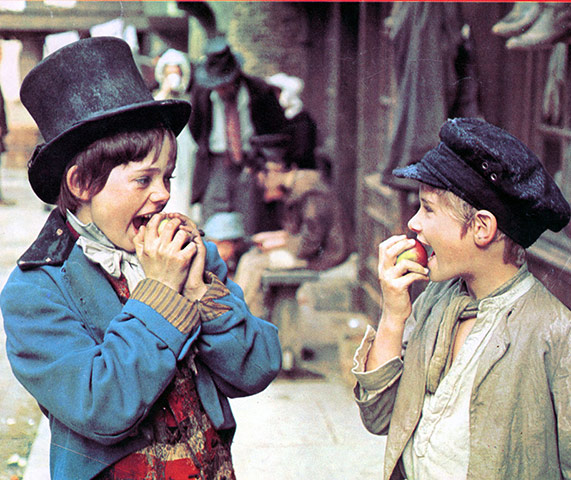
Not the first adaptation of Dickens’s novel but the film of Lionel Bart’s stage musical (first performed in the West End in 1960 and perhaps inspired by David Lean’s 1948 film as much as by Dickens) remains a national treasure and a defining, mythical screen depiction of Dickensian London. Even young Pip in Mike Newell’s new film of Great Expectations resembles Mark Lester’s ethereal Oliver Twist (whose singing was secretly dubbed by Kathe Green). The film earned 11 Oscar nominations, winning six, including best film Photograph: Ronald Grant Archive
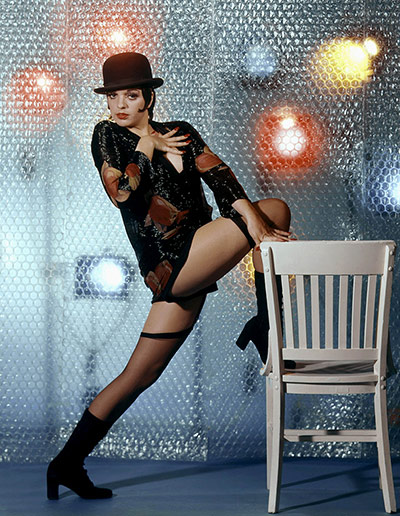
The film is a culmination of adaptations, but the origin is Christopher Isherwood’s 1939 novel Goodbye to Berlin, where the character of Sally Bowles makes her debut. Quoting the book’s opening line, John Van Druten’s 1951 stage play took the title I Am a Camera, becoming itself a film and then the Broadway musical Cabaret before hitting the big screen, with Sally changed to an American to accommodate Liza Minnelli and several new Kander and Ebb songs. At the Oscars, Bob Fosse won best director but the film lost out on best picture - to The Godfather Photograph: Sportsphoto Ltd/Allstar
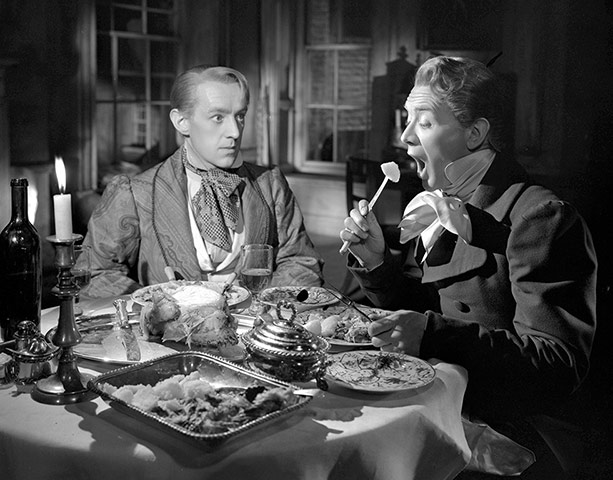
The opening marsh scenes, one of the finest opening sequences in all cinema, earned Guy Green Britain’s first Oscar for cinematography. Lean’s film certainly abridges the novel (which he claimed not to have read) but maintains its sense of social change and insistence on honest hard work, which made it a hit. Alec Guinness’s performance as Herbert Pocket in a stage version is said to have brought the idea to Lean’s attention, and it, along with Martita Hunt’s Miss Havisham, remain masterpieces of British character acting Photograph: ITV/Rex Features
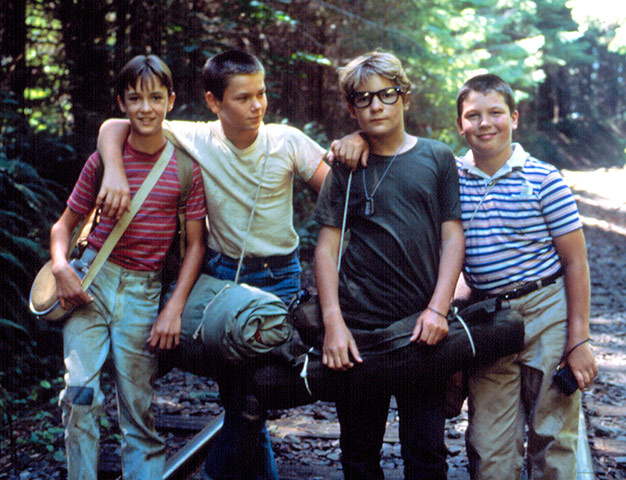
A Stephen King novella The Body, adapted here by Reiner, appeared in a 1982 collection, Different Seasons, alongside stories that became The Shawshank Redemption and Apt Pupil: the fourth story, The Breathing Method, is set for a 2014 film release. Stand By Me is a perfect coming-of-age movie about four kids on an adventure to find a body. Narrated in flashback by one participant (Gordie, played by Richard Dreyfuss as an adult and Wil Wheaton as a 12-year-old), the film is redolent with Americana – “If I could eat one food my whole life? Cherry Pez” – and flavoured with a doo-wop soundtrack Photograph: Everett/Rex Features
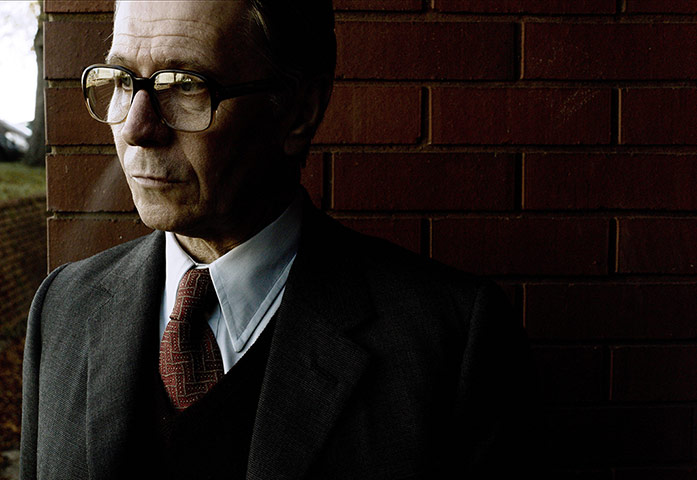
Based on John le Carré’s 1974 novel, the Working Title-produced adaptation also had to contend with the epic 1979 BBC series, while actor Gary Oldman had to live up to Alec Guinness’s portrayal of George Smiley. Swedish director Alfredson rose to the challenge with surprising empathy for the London locations and styles, allowing strong characterisation from a fine cast, including Colin Firth, Tom Hardy and Benedict Cumberbatch. But it is Oldman’s inscrutable Smiley that impressed the most, and earned the approval of author le Carré, who makes a cameo appearance at the MI6 Christmas party Photograph: Sportsphoto Ltd/Allstar
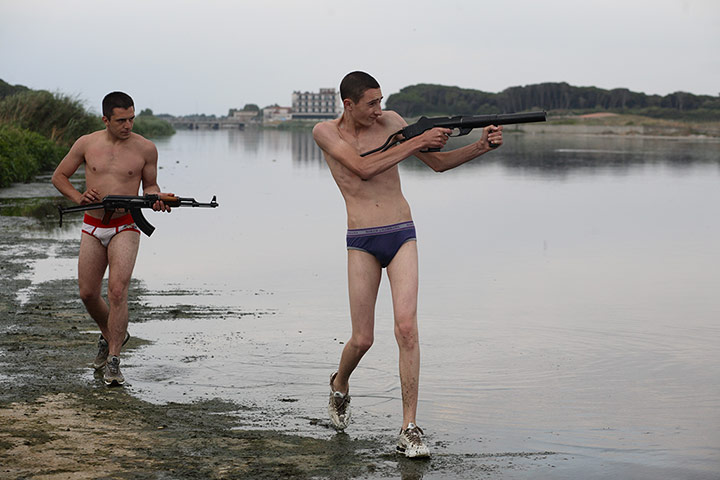
Working from the 2006 book by journalist Roberto Saviano, Garrone won the Grand Prix at Cannes for his astonishing docu-style dramatisation of nefarious criminal activities carried out by the gangsters of the Neapolitan Camorra. Areas of corruption include toxic waste, counterfeit haute couture out of Chinese sweatshops and, of course, drugs. In a stark contrast between literature and cinema, Saviano is still in hiding under police protection, while Garrone became a celebrated figure, using real-life gangsters and prisoners as actors, many of whom were flattered by the “glamour” Photograph: Mario Spada/AP
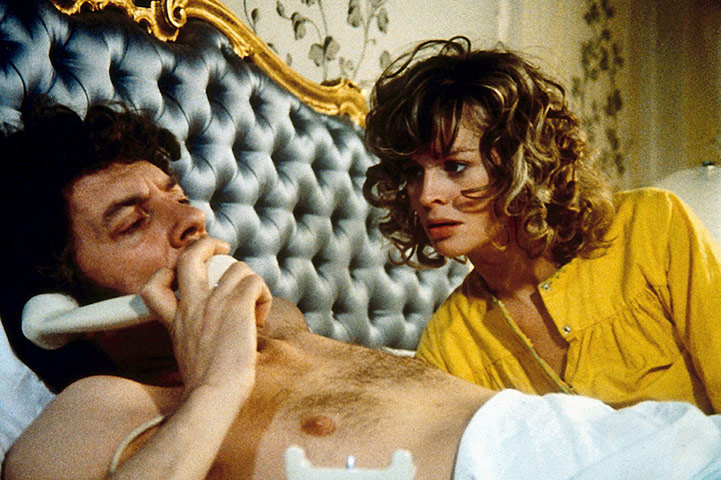
Daphne du Maurier said that the only two adaptations of her work for which she had any affection were Alfred Hitchcock’s Rebecca and Roeg’s nightmarish interpretation of this story from her 1971 collection, Not After Midnight. It tells of a grieving couple staying in Venice while the husband restores a church. Roeg’s direction heightens the sinister aspects and introduced motifs that have become the stuff of cinematic grammar: the little girl’s drowning in her red raincoat; the controversially graphic sex scene between Donald Sutherland and Julie Christie; shattering glass; premonitions Photograph: Cinetext/Allstar
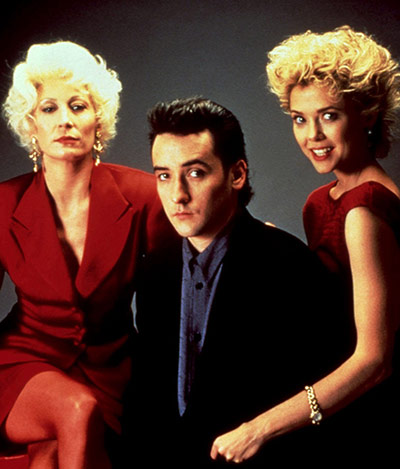
One could assign twin literary sources to Frears’s superb, LA-set oedipal thriller: pulp writer Jim Thompson’s original novel and the Oscar-nominated screenplay adaptation by Donald Westlake. The Grifters maintains Thompson’s icy heart and violence, with Westlake’s ear for dialogue and Frears sympathetic to the overall harmony. John Cusack’s shifty, sweaty performance as conman Roy Dillon remains one of his finest while Anjelica Huston as his mother, bleach blonde, racetrack “playbacker” Lilly, is one of the all-time molls, but played like a Greek tragic heroine. Photograph: Everett/Rex Features







